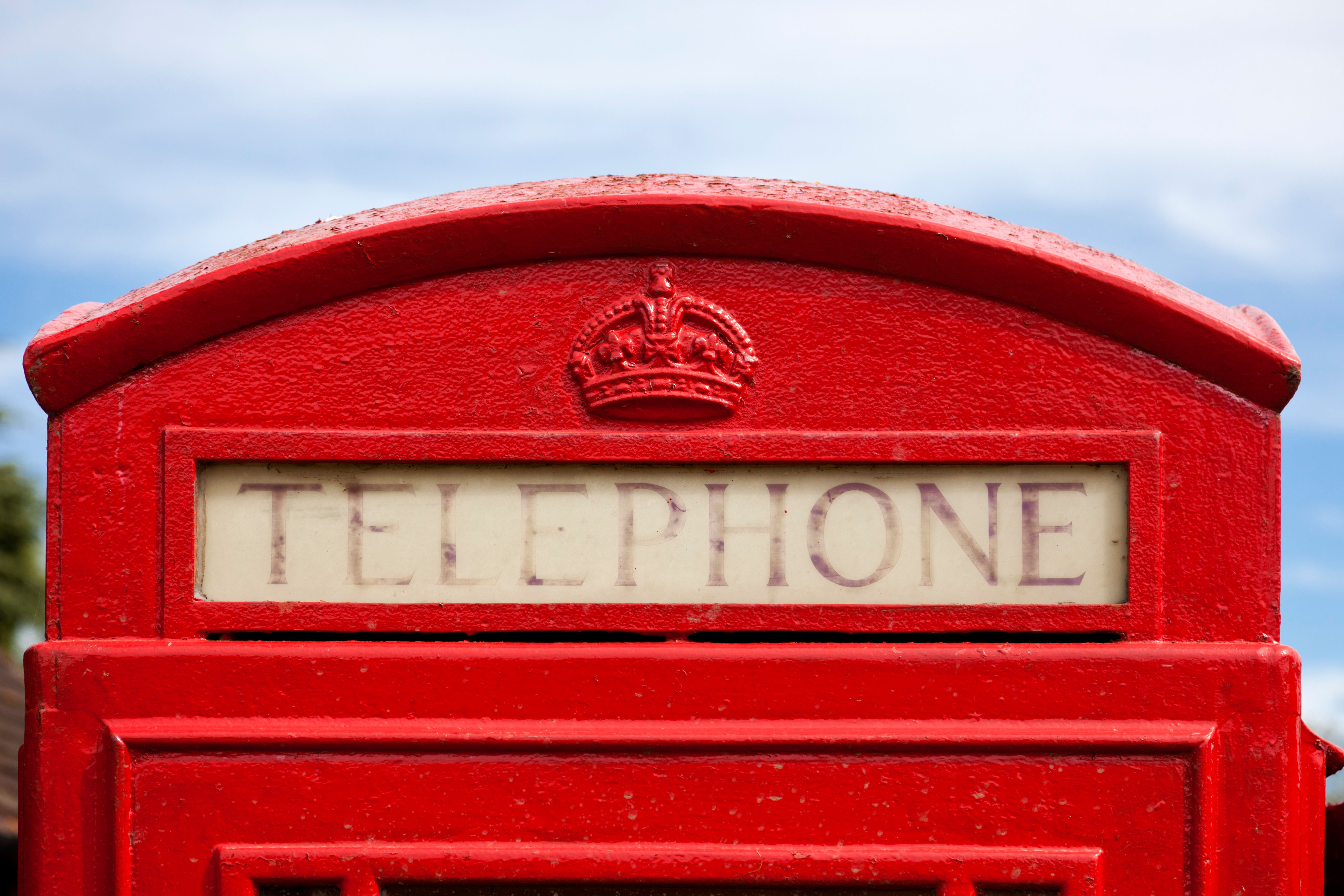Villagers fight to save telephone box that protected them during WWII
Residents are campaigning to keep the beloved landmark, which was used to warn of air raids.

Villagers in South Wales are desperately appealing against the removal of a ‘cherished' and ‘iconic’ landmark from their community.
BT is considering decommissioning Bryn-y-Gwenin’s telephone box, but local residents say it helped protect the village during World War II.
Conservative MP David Davies said the box was used to warn of air raids and has remained a useful lifeline to this day.
‘Mobile signal in this part of rural Monmouthshire is intermittent and very poor at best, so the public telephone box is an essential village amenity,’ he said.
‘It also serves Llanddewi Skirrid and the surrounding area. With the Skirrid mountain a popular spot for walkers and cyclists, the significance of the box is paramount in an emergency.
‘BT claims the phone box has had very little use over a significant period of time. Calls may well be small in number but one day that call could be very important and potentially life-saving.’
The phone box is a K6 model, designed to commemorate the silver jubilee of King George V, and entering production in 1936. It was originally connected to the village Post Office via a shared line – also known as a party line.
Sign up for the Country Life Newsletter
Exquisite houses, the beauty of Nature, and how to get the most from your life, straight to your inbox.
Resident Paul Webb added that villagers ‘cherish’ the box, which bears the Tudor Crown of King George VI.
‘One of our villagers, Richard Cox, cleans it on a weekly basis and repaints it when necessary, which is a real credit to him,’ he said.
‘The box has always been a proud landmark at the entrance to our village. It is an iconic part of British heritage yet sadly, these red telephone boxes are getting more and more scarce in the countryside.
‘It has been stated in the past that if the phone itself was removed but the box remained then the villagers would be prepared to have a defibrillator installed as it would be a very strategic place for one to be available.’
Plans to decommission the box were overturned in 2016 following a similar campaign by the villagers.
BT has launched a consultation period to determine the phone box's future.
‘Most people now have a mobile phone and calls made from our public telephones have fallen by around 90 per cent in the past decade,’ a spokesman told the Telegraph. ‘We consider a number of factors before consulting on the removal of payphones'.
-
 380 acres and 90 bedrooms on the £25m private island being sold by one of Britain's top music producers
380 acres and 90 bedrooms on the £25m private island being sold by one of Britain's top music producersStormzy, Rihanna and the Rolling Stones are just a part of the story at Osea Island, a dot on the map in the seas off Essex.
By Lotte Brundle
-
 'A delicious chance to step back in time and bask in the best of Britain': An insider's guide to The Season
'A delicious chance to step back in time and bask in the best of Britain': An insider's guide to The SeasonHere's how to navigate this summer's top events in style, from those who know best.
By Madeleine Silver